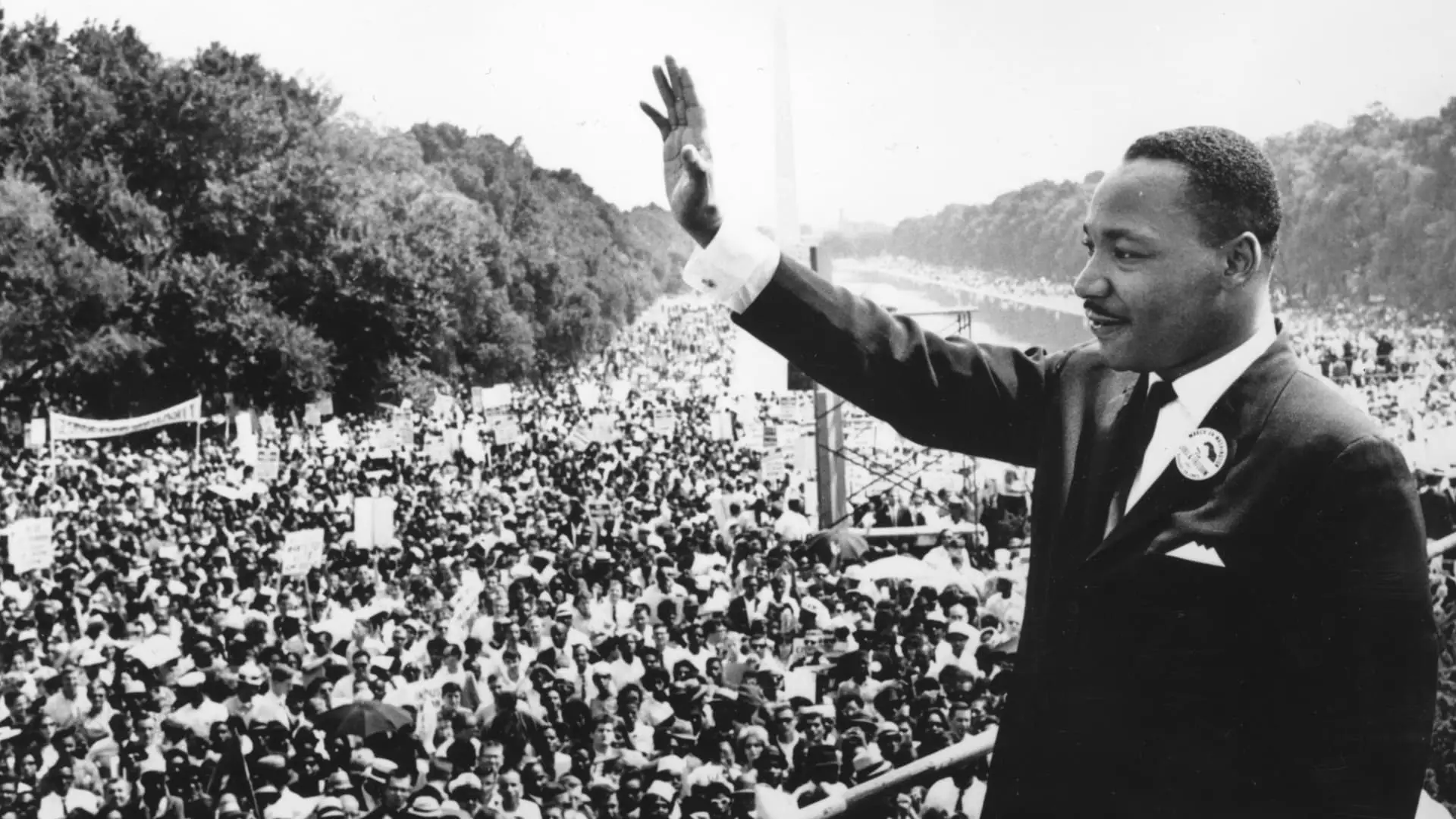The legacy of Martin Luther King Jr. continues to resonate across generations, with his profound impact on the civil rights movement and the pursuit of equality. As the 60th anniversary of his iconic “I Have A Dream” speech approaches, Martin Luther King III, along with his wife, Arndrea Waters King, and their daughter Yolanda, reflect on the importance of commemorating this historic moment. For them, this occasion serves as a teaching moment not only for their own family but also for the broader community. Embracing the present and connecting it with the struggles and movements of today, they have developed traditions to keep the spirit of the March on Washington alive.
The Kings, alongside tens of thousands of people, will gather at the Lincoln Memorial in Washington, D.C., to mark the 60th anniversary of the “I Have A Dream” speech. This momentous event, convened by the Kings’ Drum Major Institute and the National Action Network, seeks to capture the energy and resilience of the original March on Washington in 1963. In a time when voting rights and other civil rights protections are under threat, this commemoration takes on even greater significance. It is a rededication to the principles of justice, equality, and the pursuit of a more inclusive society.
Before the commemoration, Martin Luther King III and his sister Bernice King paid tribute to their father’s monument in Washington. As they stood before the statue, they saw not just a historical figure, but a man still calling for justice and encouraging them to keep fighting. Their pilgrimage serves as a reminder of the work that still needs to be done, even as progress has been made. The original March on Washington laid the groundwork for significant civil rights and voting rights legislation in the 1960s. Now, in the face of renewed challenges, it is a time for reflection and unity in the pursuit of a more equitable society.
The commemoration brings together a diverse coalition of leaders from various civil rights organizations, faith communities, and advocacy groups. Ambassador Andrew Young, a close adviser to Martin Luther King Jr., who played a pivotal role in organizing the original march, will be among the featured speakers. The event will also include leaders from the NAACP and the National Urban League, who will share their insights and perspectives on the current state of civil rights and social justice. It is a moment to amplify voices, bridge divides, and inspire meaningful change.
A Call to Action: Protecting Voting Rights and Beyond
Amid concerns about eroding voting rights and growing threats against marginalized communities, Martin Luther King III emphasizes the power of collective action. He believes that when people stand up, real change is possible. This commemoration is not simply a traditional remembrance but a call to action to protect and expand voting rights, challenge systemic injustice, and build a more inclusive society. The event will culminate in a march procession, symbolizing the continued journey towards equality and justice.
Following the commemoration, Reverend Al Sharpton plans to lead a voting rights tour in states where barriers to voting have emerged. This tour aims to raise awareness and combat efforts to restrict access to the ballot box, particularly in advance of the 2024 presidential election. Additionally, Sharpton intends to convene gatherings with prominent Black entrepreneurs to establish a fund that will support diversity and inclusion initiatives. These initiatives represent an ongoing commitment to advancing equity and dismantling systems of oppression.
Bernice King, CEO of the Martin Luther King Jr. Center For Nonviolent Social Change, urges people to remember that the struggle for civil rights is a continuous process. Drawing from her parents’ wisdom, she emphasizes that freedom is not easily won but must be earned and defended in every generation. In the face of challenging times, she urges vigilance and celebrates small victories along the way. By recognizing the progress made and remaining grateful for each step forward, a brighter future can be realized.
Conclusion: Embracing the Spirit of the Past and Present
The 60th anniversary of Martin Luther King Jr.’s “I Have A Dream” speech serves as a rallying point for those committed to justice and equality. The Kings, alongside a diverse array of leaders and activists, are coming together to honor the past, navigate the present, and forge a path toward a more inclusive future. Through reflection, education, and collective action, this commemoration rededicates our shared commitment to building a society that values the inherent worth and dignity of every individual. As we look back at the achievements and challenges of the past, we find hope in the potential for progress, knowing that true change comes when we stand together.


Leave a Reply